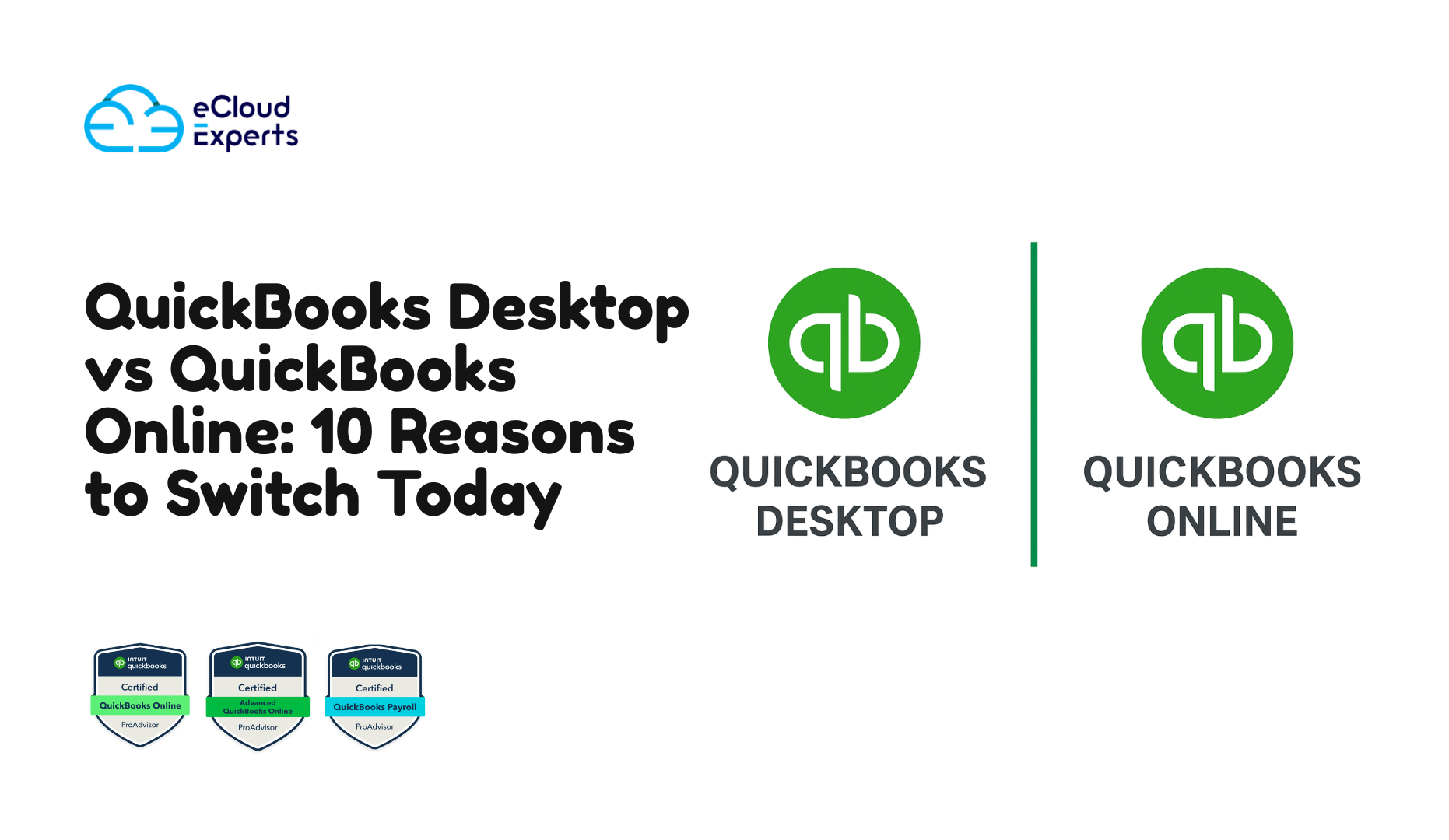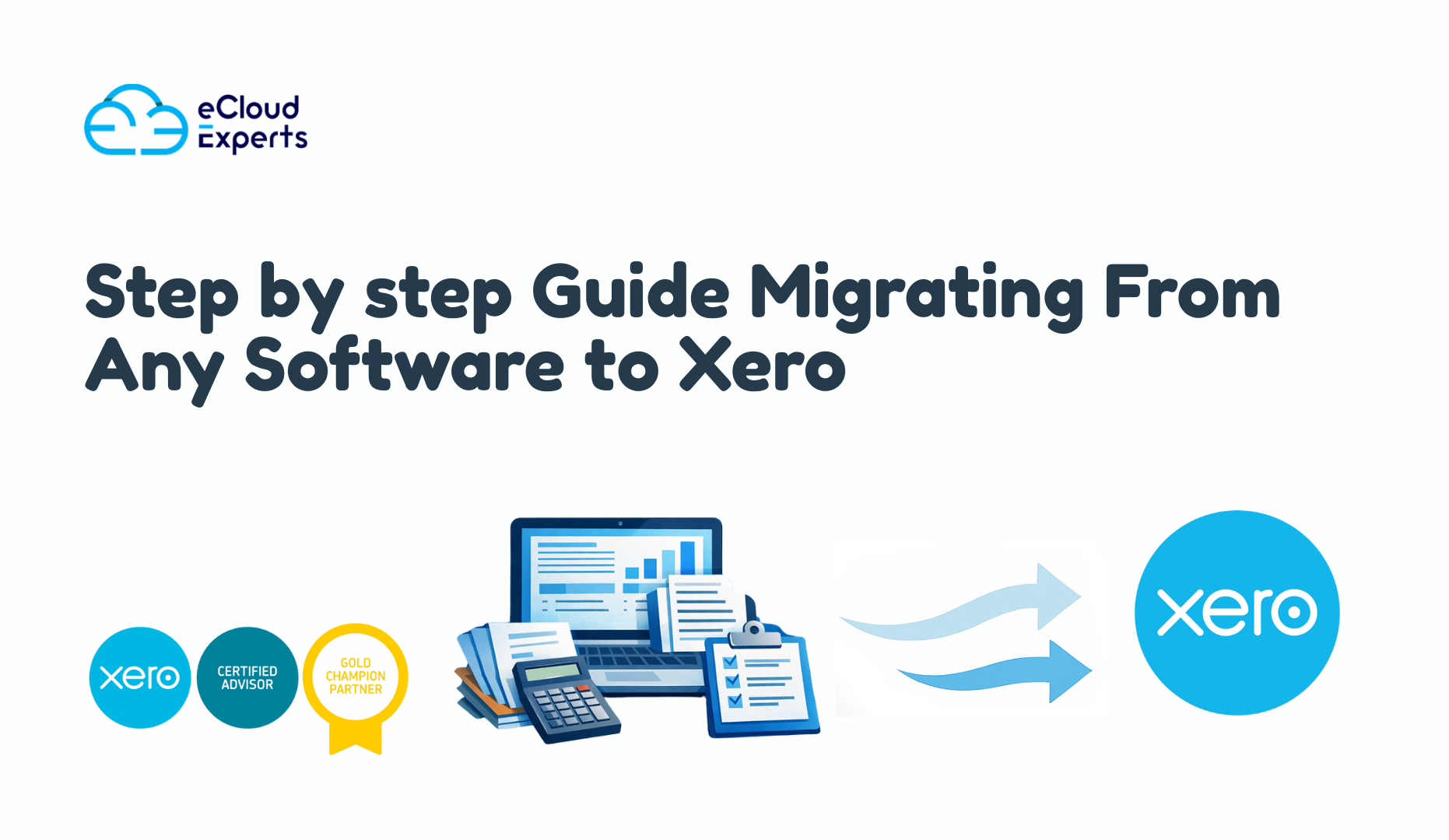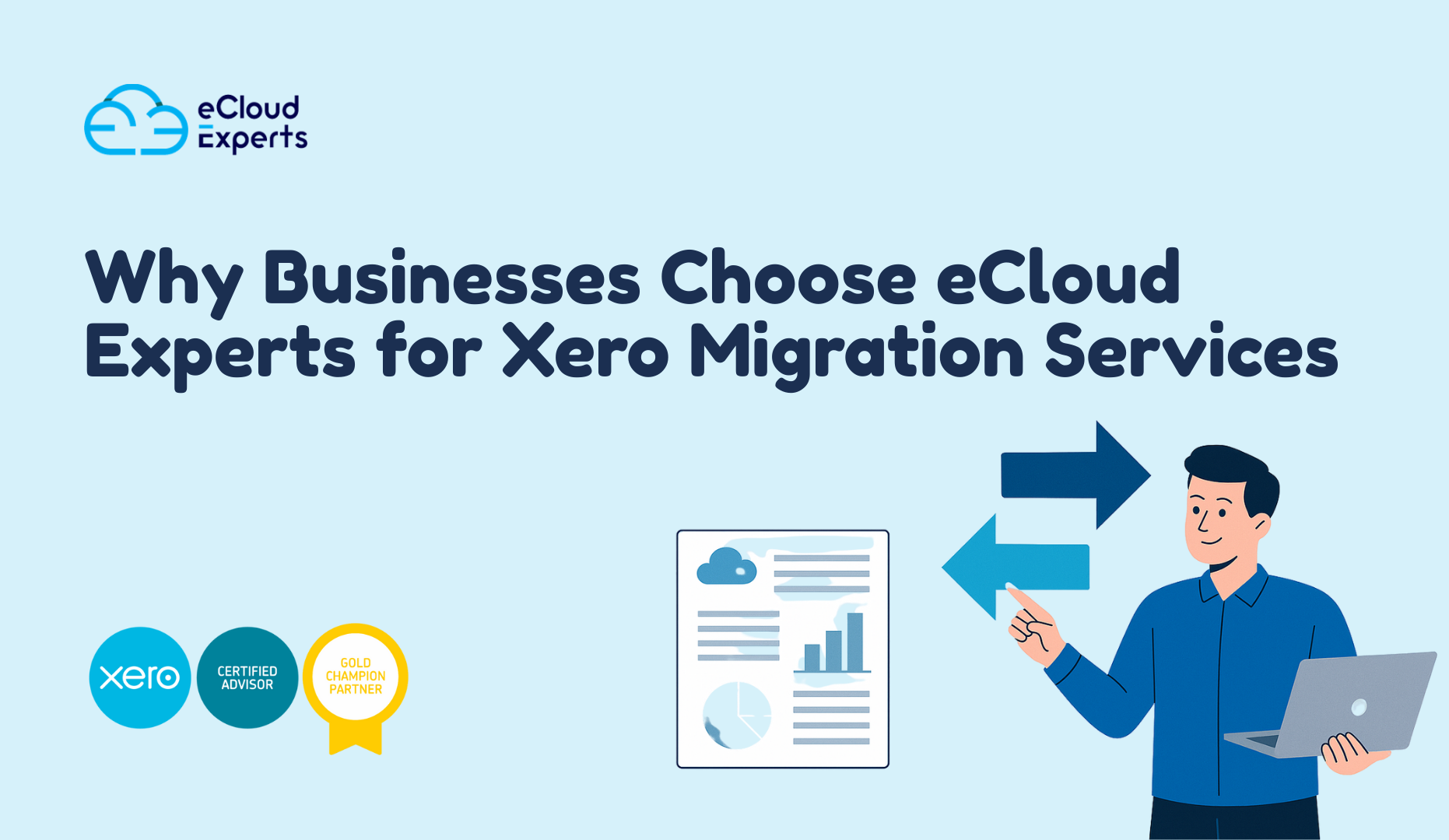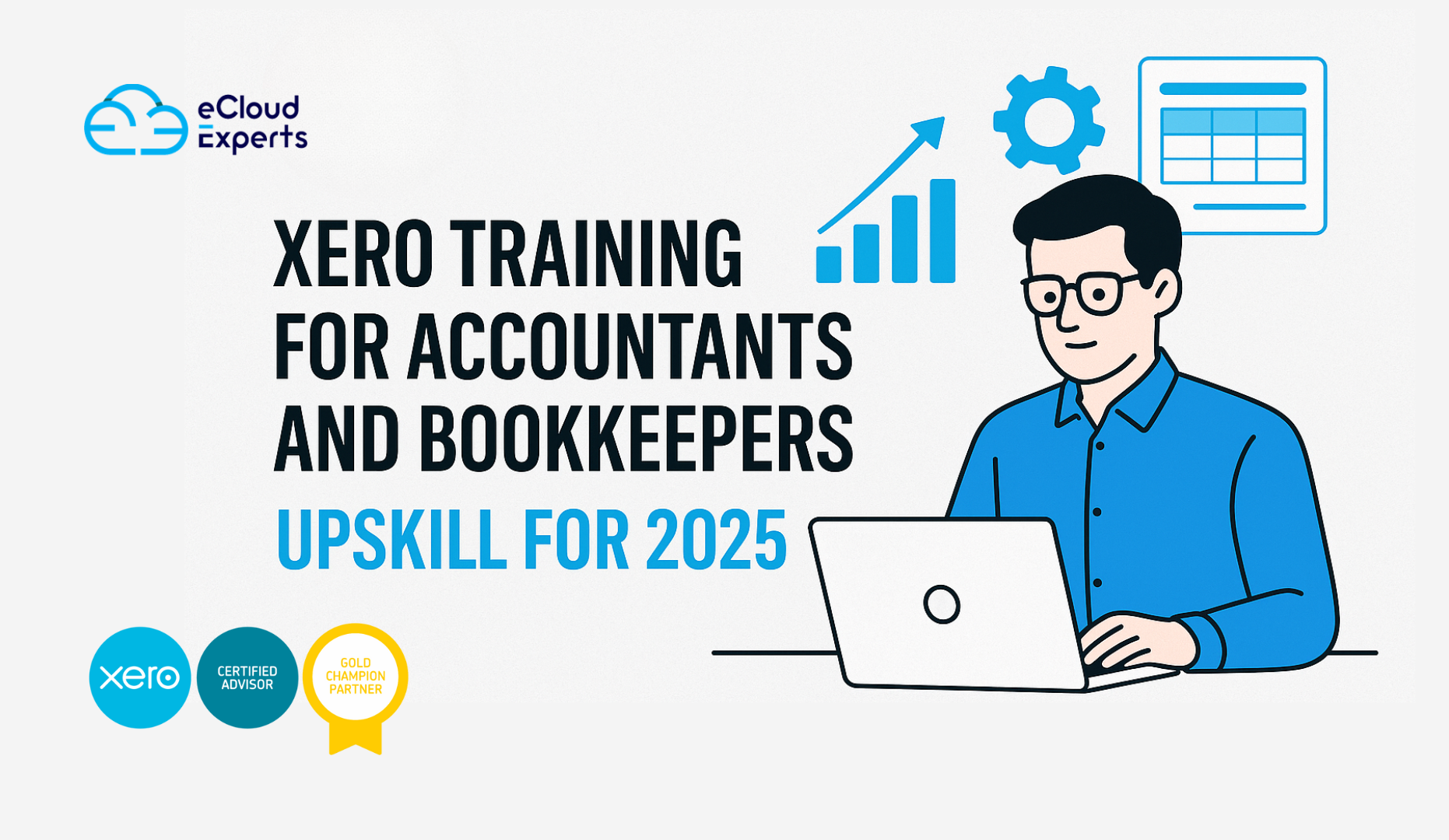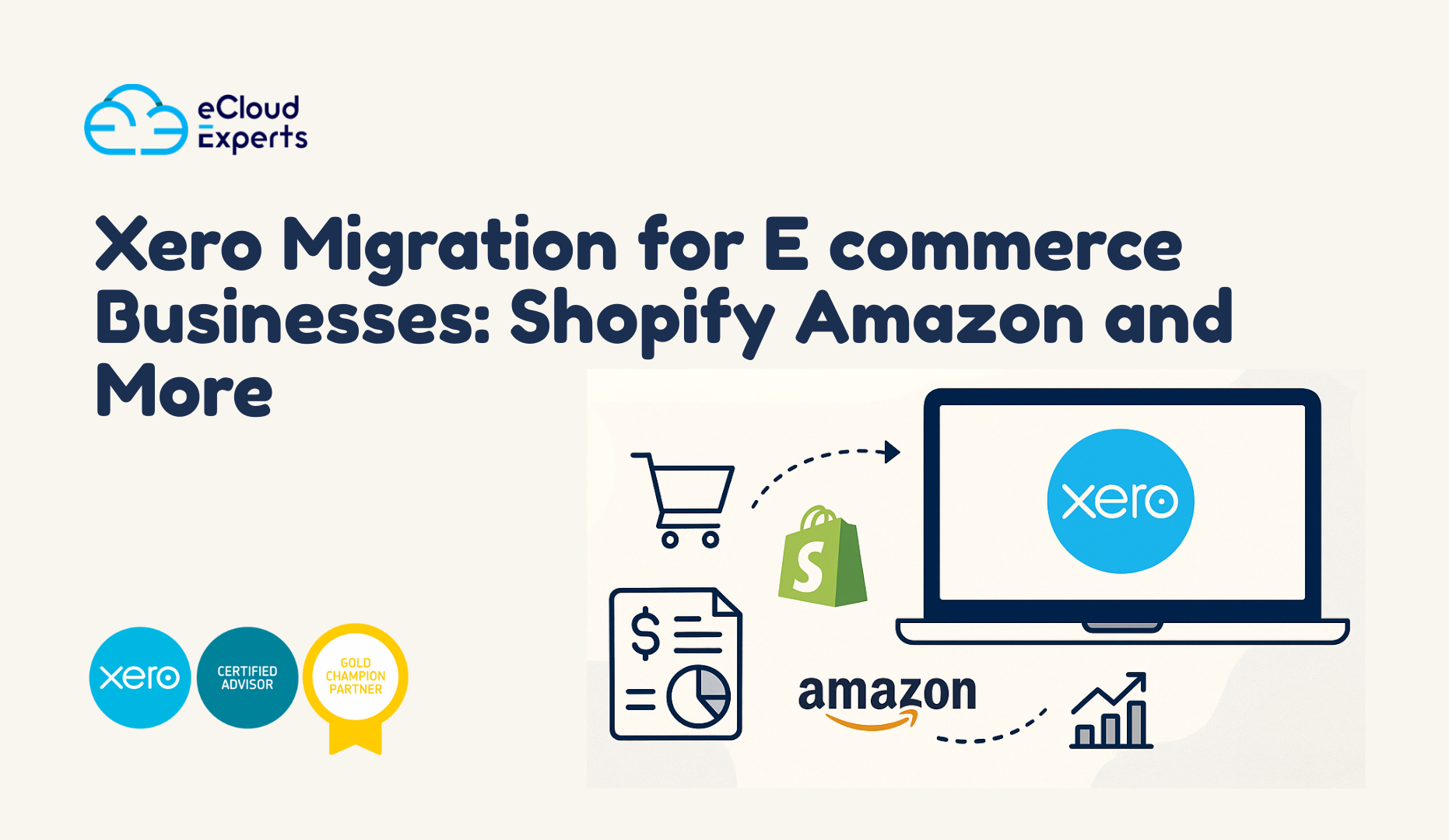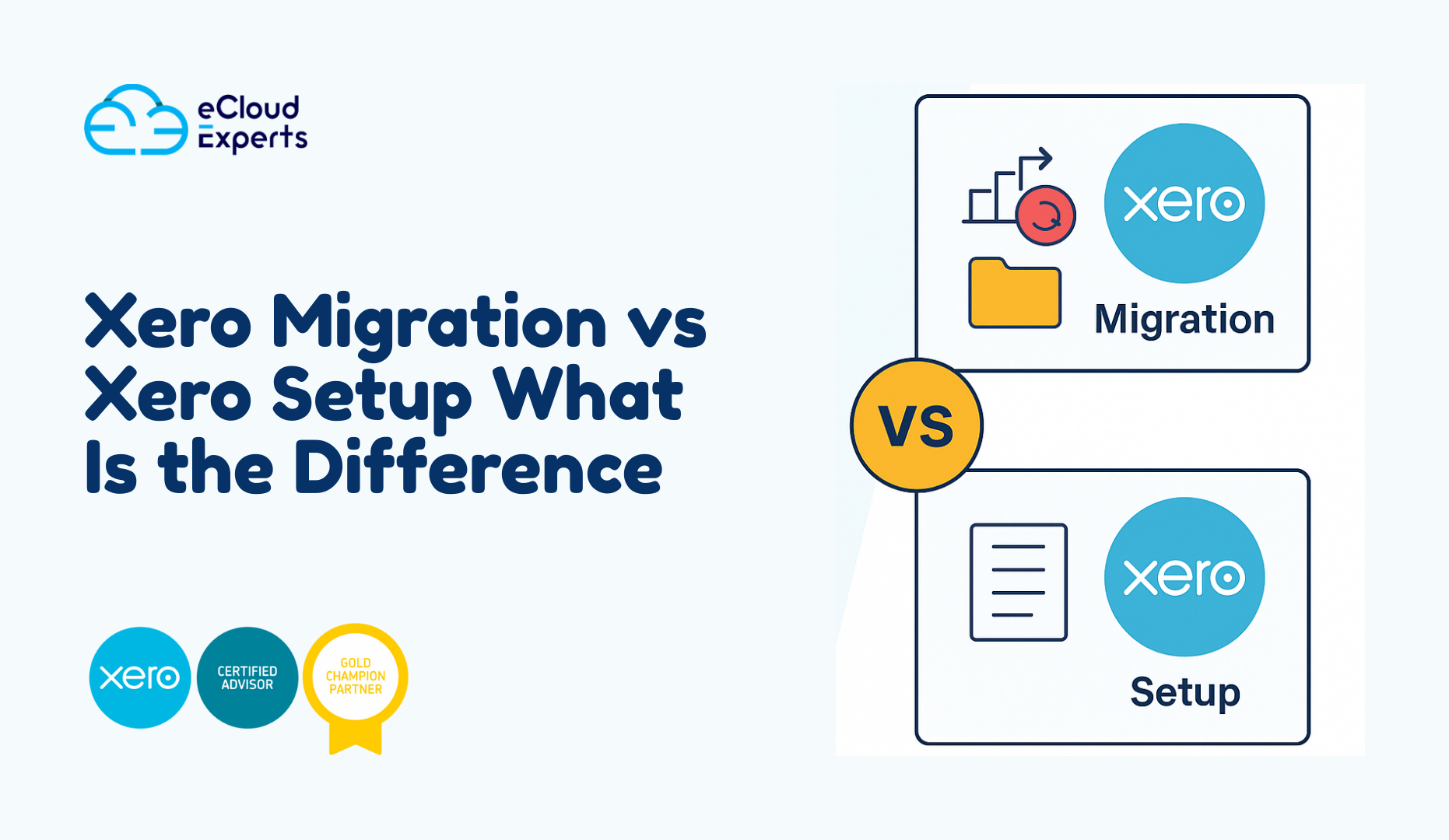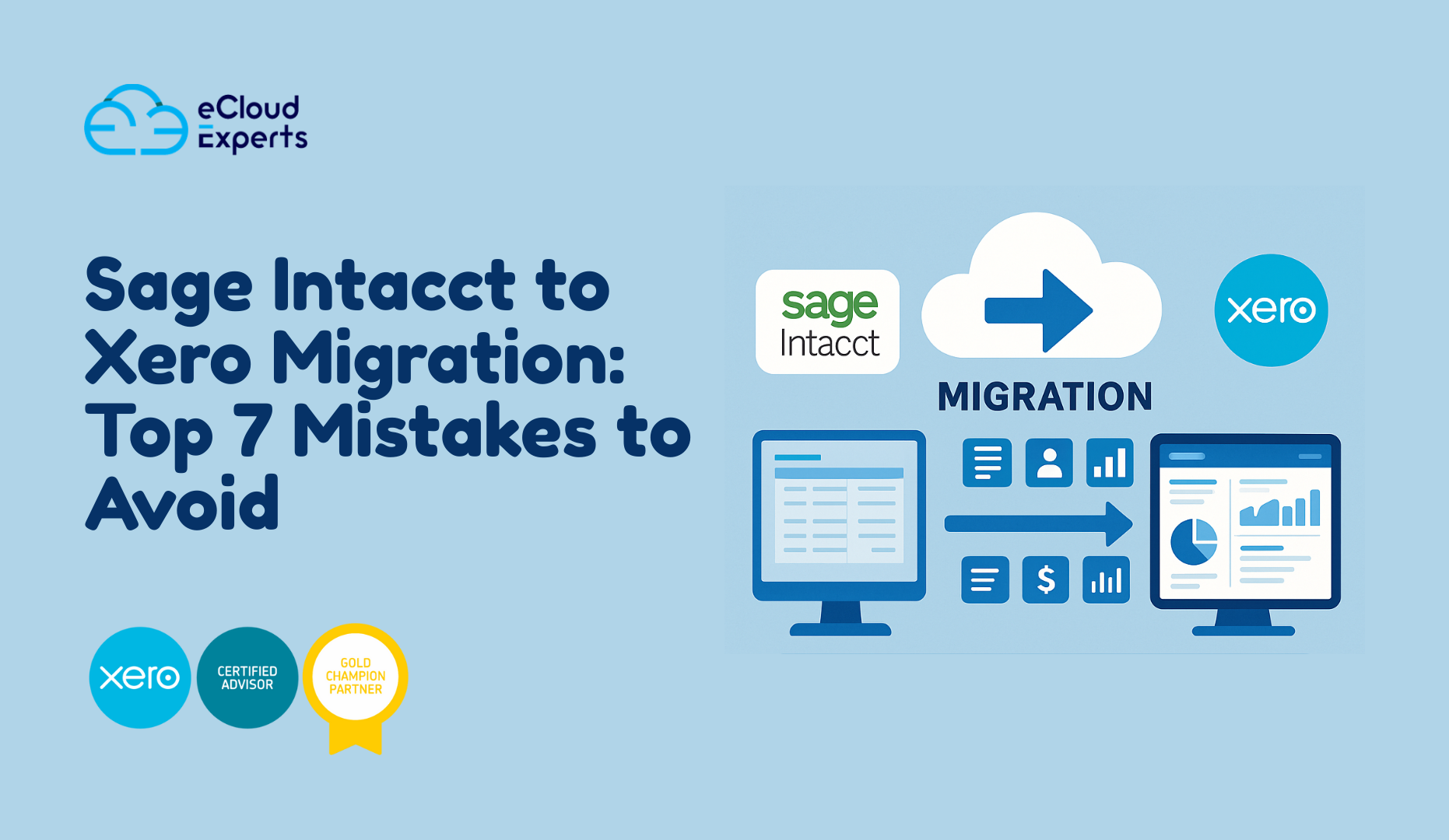If you’ve been managing your accounts for years, you’ve probably asked yourself the big question: QuickBooks Desktop vs QuickBooks Online which one is right for your business in 2025? Many business owners are facing this same decision right now. Desktop has been around for decades, but the reality is that modern companies need more flexibility, mobility, and compliance features than it can provide.
When weighing QuickBooks Desktop vs QuickBooks Online, most business owners quickly realise that Online delivers far more than convenience. It offers the ability to log in anywhere, collaborate instantly with your accountant, and access live financial data at the click of a button. In today’s fast-moving environment, that flexibility can no longer be seen as a luxury it’s a necessity.
The truth is, the comparison of QuickBooks Desktop vs QuickBooks Online is about more than software it’s about the way you want to run your business. Desktop ties you to a single computer, while Online opens the door to working anywhere, anytime, and sharing access securely with your team. In a world where remote work and digital-first strategies are standard, this difference alone can shape the future of your business.
At the same time, UK businesses now face stricter compliance requirements, including Making Tax Digital. Desktop requires manual workarounds, while Online is HMRC-recognised out of the box. That’s just one of the many QBO benefits that make the switch compelling for growing businesses.
So before you renew another Desktop license, ask yourself this: do you want to stay tied to outdated systems, or embrace modern cloud accounting software that saves time, cuts costs, and keeps your business future-ready?
And if you’re ready to take the next step, our migration experts at eCloud Experts can help you move confidently, with zero disruption to your day-to-day work.
Reason 1 – Accessibility Anywhere, Anytime
One of the biggest differences businesses notice when comparing QuickBooks Desktop vs QuickBooks Online is accessibility. Desktop locks you to a single machine or local network, which means you can only work where the software is installed. That’s fine if you’re always in the office, but in today’s world, most businesses want the ability to check their accounts from home, the road, or even while meeting a client.
When looking at QuickBooks Desktop vs QuickBooks Online, the gap becomes even clearer. With Desktop, you often need backups, file transfers, or remote hosting solutions just to give your accountant access. QuickBooks Online, on the other hand, is cloud-based, letting you log in from any device with an internet connection. This makes it a smarter option for growing teams that want to collaborate in real time.
The accessibility factor is particularly important for small and medium companies. Many entrepreneurs who want to switch from QuickBooks Desktop are doing so because they can’t afford downtime or missed opportunities while waiting to get back to the office. With QBO, business owners can approve invoices, check cash flow, or run reports instantly—features that are game-changing for QuickBooks for small business users who juggle multiple responsibilities.
In short, when comparing QuickBooks Desktop vs QuickBooks Online, accessibility is the first reason why the Online version leads the way. It gives you control over your numbers wherever you are, without the old restrictions of Desktop.
If you’re thinking about making the move, our experts can ensure your data transitions smoothly, so you can focus on running your business instead of worrying about access.
Reason 2 – Automatic Updates & Ongoing Support
Another major difference in QuickBooks Desktop vs QuickBooks Online is how updates and support are handled. With Desktop, you’re responsible for installing patches, buying new versions, and making sure your software stays current. This often means extra costs and IT headaches that most businesses would rather avoid.
When comparing QuickBooks Desktop vs QuickBooks Online, the advantage becomes clear. Online is cloud-based, which means you’re always on the latest version automatically. There are no disks to install or yearly upgrades to purchase. Security patches, feature improvements, and compliance updates roll out seamlessly in the background, so you can focus on running your business instead of maintaining software.
For many business owners exploring QuickBooks Desktop alternatives, this is one of the top reasons to switch. The idea of automatic updates isn’t just convenient it ensures your accounting system is always aligned with regulatory changes, including Making Tax Digital. That level of confidence is hard to put a price on.
It’s also worth asking yourself: why choose QuickBooks Online over sticking with an older system? The answer lies in reliability. Online is built for the future, while Desktop is gradually being phased out of Intuit’s long-term roadmap. The choice is between clinging to outdated tools or moving forward with a system that evolves with your business.
If you’d rather avoid the stress of outdated software and unexpected upgrade fees, our team at eCloud Experts can help you move quickly and securely to QuickBooks Online.
Reason 3 – Better Collaboration
Collaboration is where the debate over QuickBooks Desktop vs QuickBooks Online really heats up. With Desktop, sharing your data often means saving files, sending backups, or even using portable copies. These steps are not only time-consuming but also risky if files get lost or corrupted along the way.
When weighing QuickBooks Desktop vs QuickBooks Online, the advantage for Online users is immediate. Because it’s cloud-based, you and your accountant can log in at the same time, see the same information, and make updates without passing files back and forth. For businesses with multiple team members working remotely, this real-time collaboration can save hours each month.
This benefit is especially valuable during a QuickBooks Online migration. Many companies switch because they’re tired of bottlenecks and delays when different staff members or advisors need access. Online eliminates that pain point by giving everyone secure access through role-based permissions.
A quick QuickBooks features comparison also shows how much smoother workflows become in QBO. With Desktop, there’s always the risk of version mismatches or delays in syncing files. With Online, updates happen instantly, meaning your team always works with accurate, up-to-date numbers.
If smoother collaboration and fewer headaches sound appealing, it might be time to start planning your move. Our team at eCloud Experts can guide you step by step so you enjoy all the benefits of QuickBooks Online without the stress of transition.
Reason 4 – App Integrations & Add-ons
Another area where QuickBooks Desktop vs QuickBooks Online shows a big gap is in integrations. Desktop offers only limited compatibility, and adding new features often requires clunky third-party setups. That means more manual work and less efficiency for busy business owners.
When comparing QuickBooks Desktop vs QuickBooks Online, QBO’s advantage comes from its ability to connect with over 750 apps. From Shopify and PayPal to Stripe and CRM tools, Online gives you the flexibility to automate invoicing, track sales, and sync bank feeds without extra effort. These QBO benefits not only save time but also give you a clearer picture of your finances.
For many owners ready to switch from QuickBooks Desktop, integrations are the deciding factor. Instead of juggling spreadsheets or using manual imports, QBO links directly with the tools you already use. That means fewer errors, faster reconciliations, and smarter decision-making.
Of course, some businesses still weigh the QuickBooks Online pros and cons before making the move. The main “con” is the learning curve of adjusting to a new interface, but with expert guidance, this adjustment is smooth and short-lived. The long-term gains in automation and efficiency far outweigh the initial challenge.
In short, the comparison of QuickBooks Desktop vs QuickBooks Online is clear: if you value automation and connectivity, Online is the winner. And if you’re ready to explore integrations that could save you hours each week, eCloud Experts can help you set up QBO with the right add-ons for your business.
Reason 5 – Scalability for Growing Businesses
Growth brings opportunity, but it also creates accounting challenges. One of the clearest differences in QuickBooks Desktop vs QuickBooks Online is how each system handles scaling. Desktop was built for single-user setups or small local teams, and adding more users often means higher costs and complicated installations.
When evaluating QuickBooks Desktop vs QuickBoo0ks Online, it becomes clear that Online is designed to grow with you. QBO allows multiple users to log in from anywhere, 0w0ith permissions that can be tailored to each role. This flexibility is essential for expanding teams, contractors, or advisors who all need secure access to the same data.
For many owners, particularly those running QuickBooks for small business, scalability is the turning point. Desktop can feel like a ceiling—once your company expands, the system struggles to keep up. Online, however, grows alongside your business, adding capacity without forcing you into expensive upgrades.
Another point in the scalability discussion is technology. Because QBO is a cloud accounting software, it receives continuous improvements without requiring you to buy a new version. That means your business always has the tools it needs to grow, without worrying about being left behind on outdated platforms.
Ultimately, when comparing QuickBooks Desktop vs QuickBooks Online, scalability is a deal-breaker. Businesses that want to keep moving forward will find that QBO provides the flexibility and growth potential that Desktop can’t match. And if scaling up feels daunting, eCloud Experts can help you migrate and configure QBO so it’s ready to support your next stage of growth.
Reason 6 – Compliance & VAT / MTD
Staying compliant with tax rules has never been more important for UK businesses. One of the most overlooked differences in QuickBooks Desktop vs QuickBooks Online is how each platform handles VAT and HMRC’s Making Tax Digital compliance. Desktop often requires manual workarounds or third-party tools, leaving business owners vulnerable to errors and penalties.
When evaluating QuickBooks Desktop vs QuickBooks Online, it becomes obvious that QBO was built with compliance in mind. Online is HMRC-recognised, meaning you can file VAT returns directly without juggling spreadsheets or additional software. For businesses that want peace of mind, this feature alone can justify the switch.
Many owners exploring QuickBooks Desktop alternatives do so because they’re tired of outdated systems that struggle to keep pace with evolving tax requirements. With Online, updates are automatic, so whenever rules change, you know your accounting software is ready. No more worrying about buying upgrades or missing a deadline due to outdated features.
Ultimately, the debate over QuickBooks Desktop vs QuickBooks Online comes down to risk versus readiness. Desktop may get the job done today, but it leaves you exposed tomorrow. Online not only simplifies compliance but also helps you prepare for future regulatory changes.
If you’re ready to eliminate compliance headaches, our migration specialists at eCloud Experts can move your data to QuickBooks Online and ensure your system is fully HMRC-ready from day one.
Reason 7 – Cost Efficiency in the Long Run
Cost is often one of the deciding factors in the debate over QuickBooks Desktop vs QuickBooks Online. At first glance, Desktop might seem cheaper because you pay for a license upfront. But once you factor in upgrades, maintenance, backups, and IT support, the total cost of ownership quickly climbs higher than most business owners expect.
When comparing QuickBooks Desktop vs QuickBooks Online, the Online version is far more predictable. You pay a monthly subscription that includes updates, security patches, and cloud storage. There are no surprise costs when a new version comes out, and you don’t have to invest in servers or third-party hosting. These are just some of the hidden QBO benefits that add up to real savings.
For many entrepreneurs deciding to switch from QuickBooks Desktop, cost efficiency is the tipping point. They discover that Online gives them everything they need without the recurring expenses of upgrades and manual fixes. This is especially powerful for QuickBooks for small business users, where budgets are tight, and every pound saved can be reinvested into growth.
In the long-term analysis of QuickBooks Desktop vs QuickBooks Online, QBO comes out ahead because it delivers ongoing value without hidden fees. Instead of worrying about what the next upgrade will cost, you can budget confidently knowing your system will always be up to date.
If you’d like to cut your accounting costs while gaining modern features, eCloud Experts can help you migrate to QuickBooks Online and start saving right away.
Reason 8 – Real-Time Data & Reporting
Accurate, up-to-date financial information is critical for smart decision-making. One of the key differences in QuickBooks Desktop vs QuickBooks Online is how each platform delivers reporting. With Desktop, you often have to run manual exports, transfer files, or refresh backups before you can see the latest numbers. That delay can be costly when you’re trying to make quick business decisions.
When you compare QuickBooks Desktop vs QuickBooks Online, QBO gives you an instant advantage: real-time data. Because it’s cloud-based, every transaction, invoice, and bank feed syncs automatically. This means your reports are always current, with no need for manual updates. Whether you’re reviewing cash flow or profit margins, the information you see reflects your actual financial position at that moment.
For many companies considering a QuickBooks Online migration, real-time reporting is one of the biggest draws. It eliminates the guesswork and ensures business owners can respond quickly to challenges and opportunities.
A quick QuickBooks features comparison also highlights that Online offers more advanced, customisable dashboards. Desktop reporting is functional, but it lacks the flexibility and live data sync that Online provides. With QBO, you can tailor reports to your needs, helping you track KPIs and stay on top of performance.
In short, the difference in QuickBooks Desktop vs QuickBooks Online reporting is like night and day. And if you’d like to harness the power of real-time insights without worrying about setup, eCloud Experts can migrate your data and configure QBO reporting tools to fit your business perfectly.
Reason 9 – Future-Proofing Your Business
Technology evolves quickly, and accounting software is no exception. One of the biggest factors in the debate over QuickBooks Desktop vs QuickBooks Online is whether your system is built for the future. Desktop may feel familiar, but its long-term roadmap is limited, and relying on outdated tools could hold your business back.
When comparing QuickBooks Desktop vs QuickBooks Online, it’s clear that Online is where Intuit is investing. Desktop versions are still available, but feature development is slowing, and some editions are already approaching their sunset dates. For many business owners, that makes QBO the smarter long-term choice.
This is why more and more companies are exploring QuickBooks Desktop alternatives. They don’t want to risk investing time and money in a platform that won’t receive the same level of support in the years ahead. Online not only evolves with regular updates but also adapts to new regulations, technologies, and integrations.
The reality of QuickBooks Desktop support ending for certain editions highlights the urgency. While your current setup may still work, the question is whether it will continue to meet your needs five years from now. Online provides confidence that your accounting system won’t just survive but thrive as business demands grow.
In short, the comparison of QuickBooks Desktop vs QuickBooks Online isn’t just about today—it’s about tomorrow. If you want to future-proof your business, eCloud Experts can help you migrate to QuickBooks Online and ensure you’re ready for what comes next.
Reason 10 – Smooth Migration Options
For many businesses, the fear of moving data is what delays the decision in the debate of QuickBooks Desktop vs QuickBooks Online. Owners worry about losing transaction history, retraining staff, or dealing with downtime. The good news is that migration today is much simpler and safer than it used to be.
When comparing QuickBooks Desktop vs QuickBooks Online, one of the biggest advantages of Online is how migration can be handled with expert guidance. Using professional tools and step-by-step processes, every invoice, bill, and report can be transferred with accuracy. You don’t have to start over—you bring your financial history with you.
A well-planned QuickBooks Online migration also reduces risk. Instead of juggling spreadsheets or manually importing data, your accounts are mapped and checked for accuracy before going live. That means business continuity isn’t disrupted. For many companies looking to switch from QuickBooks Desktop, this reassurance is what finally pushes them to make the move.
Another advantage is technology itself. Because QBO is a cloud accounting software, it integrates smoothly with banking feeds, payment platforms, and compliance systems right after migration. You’re not just transferring your data—you’re upgrading to a system built for the future.
Ultimately, the comparison of QuickBooks Desktop vs QuickBooks Online shows that migration isn’t a roadblock—it’s an opportunity. By making the move, you not only secure your existing data but also position your business for growth.
If you’d like to take the stress out of switching, eCloud Experts offers full migration services. From data conversion to setup and training, we ensure your move to QuickBooks Online is smooth, secure, and ready to support your success from day one.
QuickBooks Desktop vs QuickBooks Online – Final Comparison
Sometimes, the easiest way to see the differences is side by side. This table highlights the core contrasts between the two systems and makes the decision clear.
| Feature | QuickBooks Desktop | QuickBooks Online |
| Accessibility | Installed on one computer | Cloud-based, log in anywhere |
| Updates | Manual upgrades, extra cost | Automatic, included in subscription |
| Collaboration | File transfers required | Real-time access for multiple users |
| Integrations | Limited third-party options | 750+ apps, ecommerce, and banking |
| Compliance | Manual VAT/Making Tax Digital workarounds | HMRC-recognised for MTD |
| Scalability | Limited users and growth potential | Flexible, scalable for growing businesses |
When it comes to a QuickBooks features comparison, the contrast is obvious. Desktop provides basic tools, but QBO offers flexibility, automation, and continuous improvements. These are the QBO benefits that make Online the preferred option for modern businesses.
In short, the choice between QuickBooks Desktop vs QuickBooks Online isn’t difficult once you see the features side by side. If you’d like help evaluating which setup works best for your company, eCloud Experts can provide a tailored consultation.
Time to Make the Switch
The debate of QuickBooks Desktop vs QuickBooks Online comes down to a single truth: businesses that want to stay competitive in 2025 and beyond need flexibility, automation, and compliance-ready tools. Desktop has served many companies well for years, but it was built for a different era. Online, on the other hand, is designed for the way businesses operate today.
When weighing QuickBooks Desktop vs QuickBooks Online, the answer becomes clearer with every comparison: accessibility, real-time reporting, scalability, and integration are all on QBO’s side. For owners planning to switch from QuickBooks Desktop, the question isn’t whether to move but how soon to make the change.
It also helps to ask yourself: why choose QuickBooks Online? The reasons are compelling—automatic updates, secure access from anywhere, seamless integrations, and HMRC-recognised compliance. Beyond features, Online gives you peace of mind that your accounting system will grow alongside your business instead of holding it back.
If you’re ready to take control of your accounting and leave outdated systems behind, eCloud Experts is here to help. We’ve guided countless businesses through the migration process, ensuring every transaction, invoice, and record makes the move safely.
Don’t wait for support deadlines or costly upgrades. Book your free consultation with eCloud Experts today and discover how easy it is to move from Desktop to Online. Your future-ready accounting system starts now.

